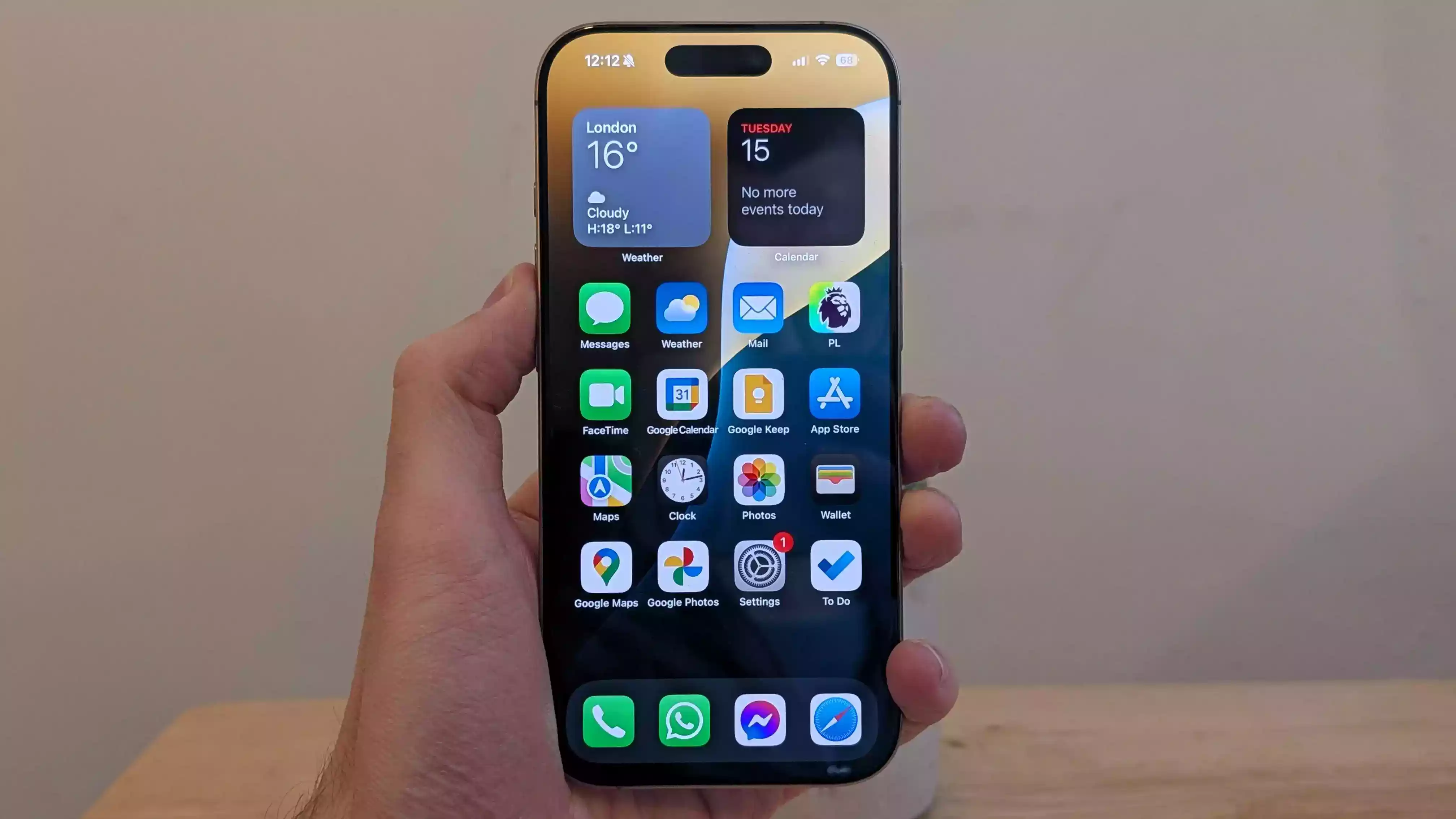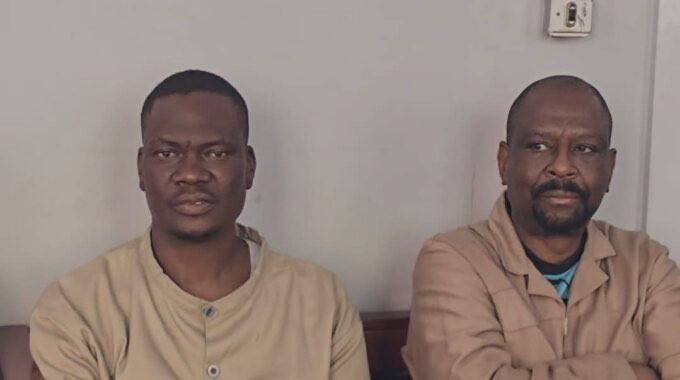
THEY recorded it.
Someone posted it.
Others asked to watch it.
And reshared it.
Two weeks ago, Zimbabwe woke up to disturbing headlines — two teenage boys in Bocha, Mutare, filmed themselves allegedly raping a girl in her school uniform.
The video is still circulating on social media, shared and reshared by people who may not even pause to think about what that means.
Imagine being her. Your most painful moment broadcast for strangers’ eyes. Your trauma living on phones and timelines, replayed again and again. Even before healing begins, the cycle of violence continues.
This is not just one incident. It mirrors the world girls in Zimbabwe and beyond are living in — where gender-based violence is not only experienced but replayed, reshared and justified. The social media court already decides whether it was “consensual” or not, long before a real court or counsellor can intervene.
- Public relations: Which innovations are driving PR in 2022 and beyond?
- Vitalis Takawira Jr tracing dad’s footsteps
- In defence of Trevor Ncube
- Fluidity, collusion: The new PR & communication philosophy
Keep Reading
Mental health in a state of emergency
Every year on October 10, the world marks World Mental Health Day. This year’s theme — “Access to Services: Mental Health in Catastrophes and Emergencies”.
We often imagine catastrophes as floods, earthquakes, wars. But for survivors of gender-based violence (GBV), the catastrophe lives inside their bodies and minds. Their emergency is not a headline in the news, but a battle in the soul.
The emergency is internal — a storm no one else sees. When a girl is raped, blamed and then forced to relive it online, that is a psychological catastrophe. The pain is invisible, but it is urgent.
We often forget that mental health is not only about therapy sessions or medication. It is about safety, dignity, justice and belonging.
When girls and women live in fear of being shamed, doubted, or silenced, their mental health becomes an ongoing emergency.
GBV survivors often have nowhere to turn. In most instances, counselling is inaccessible, trauma support is underfunded and reporting mechanisms are weak.
In some health facilities, there may be no psychologists at all. In other communities, survivors face stigma for “bringing shame” to their families.
The result is silence — and silence is heavy. Survivors are forced to carry what society refuses to face.
The digital wound that never heals
The Bocha case reminds us that the internet has changed the face of gender-based violence. What used to happen behind closed doors can now be filmed, posted and immortalised. This is internet-enabled GBV and it leaves lasting scars.
That girl was not just assaulted once — she is assaulted every time the video is watched, saved or forwarded. Every mocking comment, every “she seemed like she was enjoying it”, is another act of violence.
The digital world multiplies harm, turning one violation into endless re-victimisation.
For survivors, the aftermath is unbearable. The fear of recognition, gossip or judgment can drive anxiety, isolation and deep shame. People who should offer comfort instead whisper or turn away. Schools and churches become unsafe.
And because the internet has no expiry date, her trauma has none either. The content can resurface anytime — on someone’s screen, in a chat group, on a classmate’s phone. Healing becomes impossible when the violence is permanent.
Digital spaces should not be battlegrounds for women’s dignity. Yet here we are — scrolling past pain, liking and commenting on someone’s trauma. Each click fuels the problem. A few months ago, another story shook the nation: a girl was raped at a kombi rank in Harare. Outrage followed, but so did something darker. Another driver went on record — before later apologising — to say that girls should not dress in ways that “provoke men”.
That statement, like so many others, shifts blame to the victim. It says, “Your body caused this”. It tells survivors that their safety depends on how modestly they behave, not on how justly society acts.
Victim-blaming is not an opinion — it is emotional violence. It reinforces shame, silences survivors and erodes self-worth. When girls grow up internalising blame, they begin to see their pain as deserved.
This is how patriarchy lives on. Not just in laws and institutions, but in words, jokes and excuses.
The hidden aftershocks
We often treat violence as an incident that ends, but for survivors, it echoes for years. A girl assaulted in her teens may struggle with trust, intimacy or self-confidence as a woman. She may drop out of school, develop depression, or live in fear of being recognised.
Research across sub-Saharan Africa shows that survivors of sexual violence face higher risks of post-traumatic stress disorder (PTSD), depression, anxiety and suicidal thoughts.
But beyond the clinical terms, the reality is deeply human: sleepless nights, flashbacks, self-blame and the inability to feel safe in one’s own body.
In Shona, we call it kufungisisa — “thinking too much”. It is a phrase often used casually, but for many survivors, it describes a painful truth: the inability to stop reliving what happened. The violence moves into the mind and refuses to leave.
For women and girls who live with poverty, these burdens are heavier. Access to mental health care is limited and stigma is widespread. When communities judge instead of supporting, survivors withdraw — from school, from work, from society.
And yet, the impact of GBV is not just personal. It ripples outward. It affects families, communities and the nation’s wellbeing. When women are unable to heal or thrive, we all lose — in productivity, creativity, and collective peace.
Justice, healing, and the work ahead
If we are serious about mental health, we must move beyond sympathy to systems that work. Survivors need more than condolences — they need protection, justice and healing spaces.
That begins with trauma-sensitive services in every district: counselling, psychosocial support and community safe spaces that are free, confidential and stigma-free.
Trained counsellors should be present in schools and clinics, and peer-support groups should be part of recovery.
We also need digital accountability. Tech companies and the government must act quickly to remove videos of abuse and prosecute those who circulate them.
Sharing sexual content without consent must carry real consequences — not just moral outrage.
Media houses too must report responsibly. Sensational headlines and identifiable details retraumatise survivors and glorify perpetrators. The media can either fuel stigma or lead healing.
At the heart of prevention is education. We need to teach young people about consent, respect and empathy. Boys and men must be part of this work. Every school should include gender and mental health awareness in its curriculum, helping future generations unlearn harmful ideas before they turn into harm itself.
And finally, justice must continue to be survivor-centred. Police must continue being trained to handle cases with empathy, courts must process them swiftly, and sentences must reflect the seriousness of the crime. Justice delayed is trauma prolonged.
We all have a role
On World Mental Health Day, it is easy to post a green ribbon and move on. But for survivors of GBV, the crisis does not last one day — it lasts a lifetime if we let it.
The girl in Bocha. The girl at the kombi rank. The countless women whose stories are never told. Their healing depends on what we do now. How we speak, how we click, how we care. Mental health is justice. And justice begins with all of us refusing to look away.
So, before you forward that video, before you join a conversation that blames, pause and ask yourself: Would I share this if it were me, my sister, or my daughter?
Because when violence lives in the mind, it does not stay there. It shapes the future — and it is up to us to change that future.
Madamombe is a gender and communications expert. These weekly New Horizon articles, published in the Zimbabwe Independent, are coordinated by Lovemore Kadenge, an independent consultant, managing consultant of Zawale Consultants (Pvt) Ltd, past president of the Zimbabwe Economics Society and past president of the Chartered Governance & Accountancy in Zimbabwe (CGI Zimbabwe). — [email protected] or mobile: +263 772 382 852.











